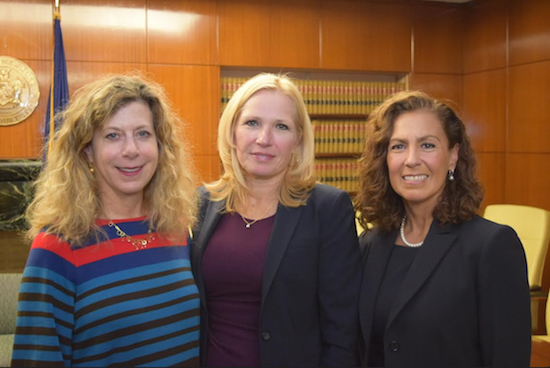Women’s Bar discusses compromise orders at monthly CLE

The Brooklyn Women’s Bar Association (BWBA) and the Nathan R. Sobel American Inn of Court discussed death and infant compromise orders during a Continuing Legal Education (CLE) roundtable discussion at the Kings County Supreme Court on Thursday.
Judge Pamela L. Fisher was joined by lawyers Consuelo Mallafre and Michele S. Mirman during the CLE seminar titled “Compromise Orders 101: Death and Infant Compromise Orders.”
“A compromise order is any settlement that involves an infant, a minor, anyone under the age of 18 or an incapacitated person, where that settlement needs to be approved by the court,” Fisher explained.

Brooklyn Boro
View MoreNew York City’s most populous borough, Brooklyn, is home to nearly 2.6 million residents. If Brooklyn were an independent city it would be the fourth largest city in the United States. While Brooklyn has become the epitome of ‘cool and hip’ in recent years, for those that were born here, raised families here and improved communities over the years, Brooklyn has never been ‘uncool’.